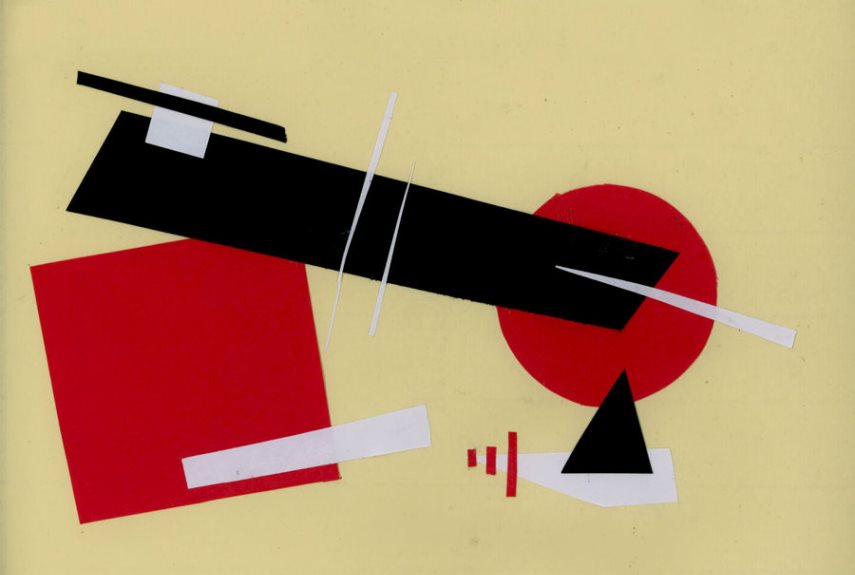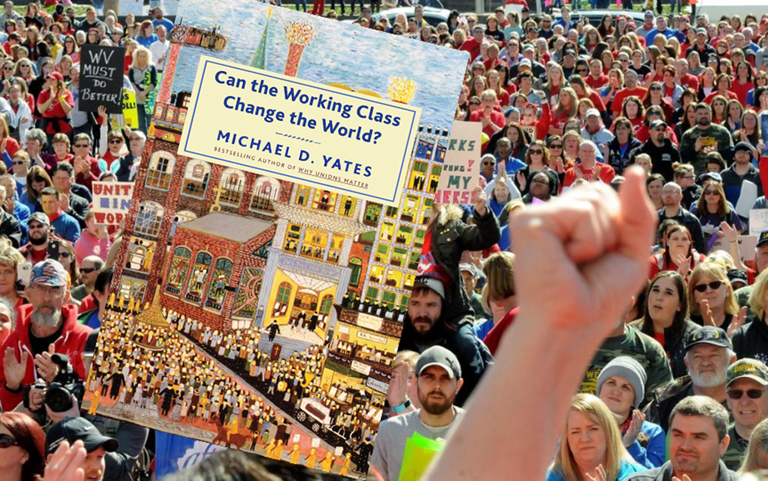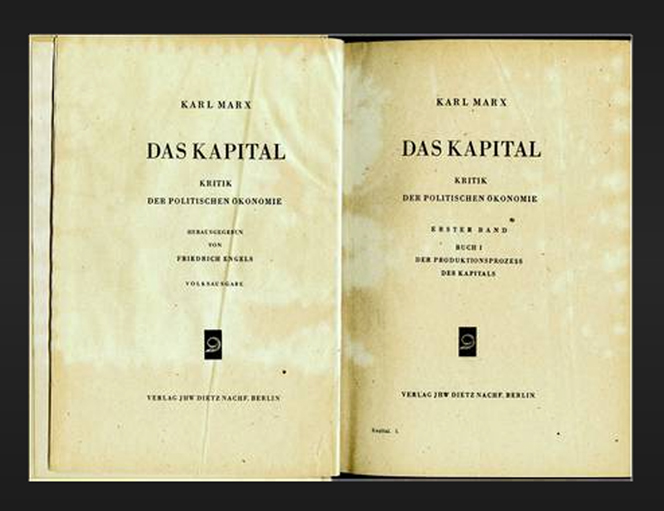The Working Class and the Middle Classes: Allies or Foes? with John Milios
A lecture by JOHN MILIOS, Professor of Political Economy at the National Technical University of Athens. The classical political economists defined three social classes on the basis of their forms of income: capitalists (profits), workers (wages), and landowners (rents). Marx, in his critique of political economy, developed a new, non-economistic and non-mechanistic “relational” class theory. On the basis of Marx’s approach, we can tackle complex problems concerning the class structure of contemporary societies and the gray area between the working and middle classes.



